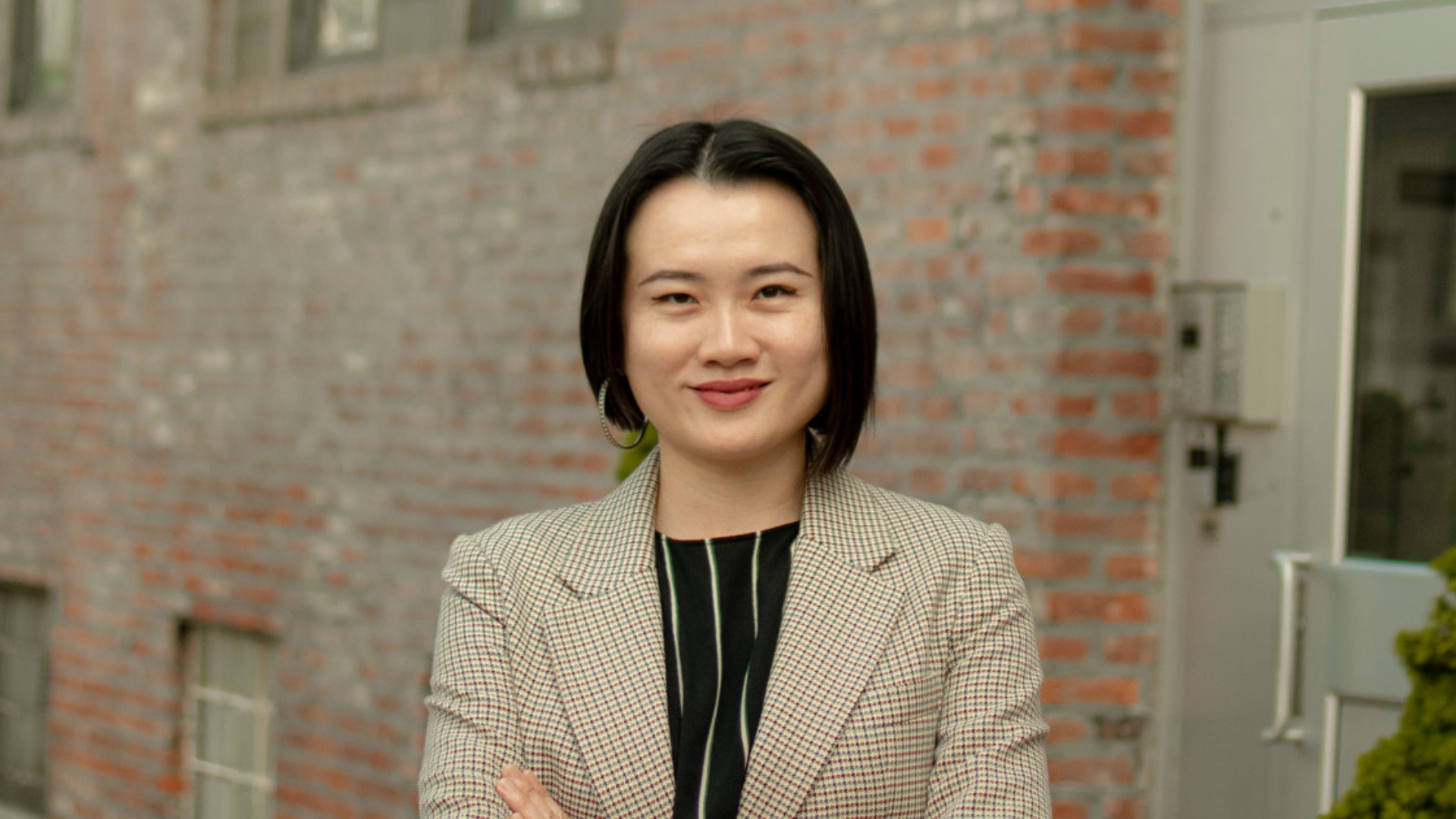Industry Spotlight
What Makes a Great Broker? Berry Duan’s Client-First Philosophy
Good brokers know numbers. Great ones know people.

What makes a great broker in 2025? For Berry Duan, it’s not fancy listing language or razor-sharp data analysis—though she has those, too. It’s emotional intelligence. “There’s a standard of client expectation—how you deliver, how you communicate, how you present your work,” she says. “I think that’s really valuable in the real estate world.”
Duan didn’t begin her career in real estate. She spent over a decade climbing the corporate ladder—first in advertising, then in management consulting—before making the leap. “After 10 years, you look back and you’re kind of like, What’s next?” she recalls. While house hunting with her husband, she got licensed to better understand the process. “I knew I wanted to do something on my own, something I was actually interested in. It didn’t hurt because we were looking to buy and invest ourselves.” What started as a side project quickly became a calling—and the rest is history.
At first, Duan balanced part-time brokerage with consulting. But it didn’t take long to realize she had something the average broker didn’t: a well-honed client service mentality and a keen analytical eye. “In my past career, I’ve always been in professional services, serving clients,” she says. “Whether it’s an ad agency or a consulting firm, there’s a standard of delivery. That background gave me an edge.”
For Duan, real estate is first and foremost about trust. That distinction is only growing more important in an era of proptech platforms, AI-generated comps, and algorithmic pricing tools. “There’s a stereotype that it’s easy to become an agent. Truth be told, the barrier to entry is low,” she says. “But to actually be successful? That’s what separates average agents from great ones.”
It’s clear where Duan stands. She blends financial savvy with emotional insight, tailoring her approach to each client. “Every buyer is different. Some are data-driven. Others are more emotional—they care about aesthetics and how a space makes them feel. It’s my job to meet them where they are.” That instinct to adapt is what drives her work. “People say ‘business is business,’ but business is done by humans, not computers or AI. There’s always emotion involved.”
In an industry often ruled by urgency and ego, Duan is refreshingly clear-eyed. “Any relationship that’s forced isn’t going to be sustainable,” she says. “If someone doesn’t want to use a broker, go for it. I don’t take it personally.” That mindset has helped her build a loyal client base who see her not as a salesperson, but as a partner. “Some of my best clients still reach out, even after the deal is done. That’s the relationship I want.”
Still, Duan hasn’t left her analytical toolkit behind. For investor clients, she closely tracks rezoning, development pipelines, and city policies. “If you’re investing, you have to know where the trajectory is going,” she explains, citing the current transformation of Atlantic Avenue. “You can’t just look at what’s there now—you have to see what’s coming.”
That balance of intuition and foresight is what led Duan to Charney Companies, where she works directly alongside developers to better understand how the city is evolving. “Knowledge is power. And the more you can share with your clients, the more they realize: you can’t be replaced.” AI might be able to draft listings, but it can’t guide someone through the emotional weight of a major life decision.
In an industry increasingly shaped by speed and software, Duan offers something quietly radical: presence. Her style is thoughtful, empathetic, and distinctly long-term. Whether you’re a first-time buyer or a seasoned investor, she’s proof that great brokerage is still a people-first business.





